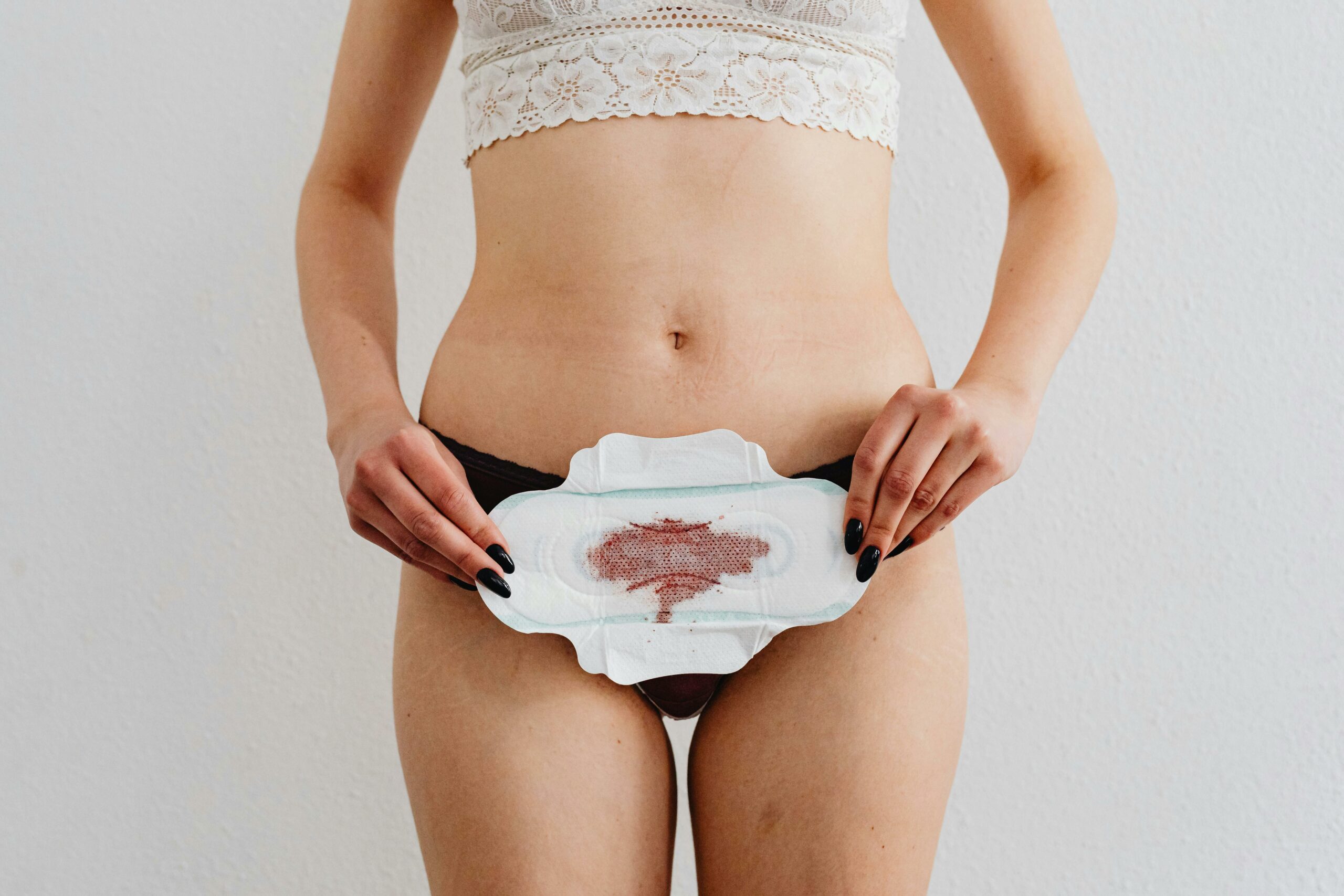
What is PME? (Premenstrual Exacerbation)
In this article
What's the lowdown?
Premenstrual exacerbation (PME) is the worsening of an underlying mental health condition during the luteal phase of the menstrual cycle
Unlike premenstrual syndrome (PMS) or premenstrual dysmorphic disorder (PMDD), the symptoms of the mental health condition is present everyday and flares up premenstrually
PME is not an official diagnosis but is being studied
PMDD and PME can co-exist
What is PME?
Premenstrual symptoms, PMS or PMDD: moodiness, acne and fluctuating emotions shortly before your period. Yup, you probably know what I’m talking about. 90% of women experience some extent of premenstrual symptoms, with 5-8% fulfilling the criteria for PMDD diagnosis1.
Have you heard of their sister condition called PME, or premenstrual exacerbation? PME is the worsening of an existing mental health condition that is exacerbated by the fluctuating hormones that we experience in 1-2 weeks before your period (called the luteal phase)2.
PME conditions
The following conditions and symptoms can worsen during the luteal phase3:
- Attention deficit hyperactivity disorder (ADHD)
- Schizophrenia
- Bipolar disorder
- Eating disorder
- Psychosis
- Major depressive disorder
- Generalised anxiety disorder
- Substance misuse disorder
- Alcoholism
- Post-traumatic stress disorder
- Personality disorders
PME symptoms: when does PME typically occur?
Unlike PMS or PMDD, the symptoms of the underlying mental health conditions are experienced throughout your cycle, with the symptoms flaring in intensity 1-2 weeks before your period (luteal phase).
This is the distinction between PME and other pre-menstrual conditions. With PMS and PMDD, symptoms will disappear within 1 week after your period.
PME symptoms will depend on the underlying mental health diagnosis. For example, you might experience anxiety during your cycle but premenstrually this anxiety can worsen and manifest as panic attacks. With depression, you might struggle with low mood but the thoughts of self-harm or suicide intensify during the luteal phase.
Just like PMS and PMDD, if you are worried that you might be experiencing PME, tracking your symptoms over 2 or 3 menstrual cycles is a good place to start. Note down when the symptoms happen during your menstrual cycle and their intensities so your doctor can identify a pattern.
PMS & PMDD vs PME
Sadly, like most women’s health conditions, there has not been enough research into these conditions. So currently, it can be hard to separate the conditions and there may be a lot of overlap.
The American DSM-5 classification for psychiatric disorders has clear diagnostic criteria for diagnosing PMDD4,5. While there can be many shared symptoms of PME and PMDD, the DSM-5 classification does not include PME. The guidance does, however, mention that PMDD should not be diagnosed if there is an underlying mental health diagnosis that may be worsening. PMDD and PME can co-exist and takes a skilled healthcare professional to really understand what’s going on3. We know, it’s confusing!
Can PME be diagnosed?
According to the International Association of Premenstrual Disorders (IAPMD), PME is not an official diagnosis but falls under the umbrella of a “core premenstrual disorder”3. PME is a medically studied phenomenon but the official diagnosis is the underlying condition that is being exacerbated, for example, depression or ADHD.
PME treatments
Treatment for PME is based on treating the underlying condition that exacerbates throughout your cycle. There have been some studies looking into the effects of PMDD treatments on PME. Using medications like drospirenone-containing oral contraceptives6 or gonadotropin-releasing hormone agonists analogue7 alongside depression medications like selective serotonin reuptake inhibitors (SSRIs) have not shown any benefit in alleviating the symptoms of depression with PME.
A preliminary study, following 9 women with depression, found that a dose increase of SSRIs premenstrually showed an improvement in a depression rating scale compared to those who did not have a dose increase8.
Another small study looking into premenstrual exacerbation of bipolar disorder found that using a mood stabiliser called lamotrigine with hormonal contraceptives can have a positive effect on managing premenstrual symptoms9.
Researchers have also suggested that increasing ADHD medication in the luteal phase may help the premenstrual exacerbation of inattention and irritability symptoms for women with ADHD.10
While these studies are still not large enough to form treatment guidelines for PME, there is evidence to suggest PMDD treatments do not have the same effect on PME. However, we clearly need more research to inform us whether mental health medications should have variable doses throughout the menstrual cycle, or additional medications need to be used alongside standard treatment to manage premenstrual exacerbation.
Summary
Just because PME is not an official diagnosis, it does not take away from your experience and the burden it has on your life. Do not let anyone tell you otherwise.
We recognise that the lack of official diagnosis can lead to issues with getting reasonable adjustments put in place from work or school to support you during this time when symptoms intensify. Or reasonable understanding from loved ones in why your mental health symptoms worsen before our period.
Don’t struggle in silence, reach out to a medical professional like our Lowdown women’s health specialist GPs to get the support you need.
Our medical review process
This article has been medically reviewed for factual and up to date information by a Lowdown doctor.






